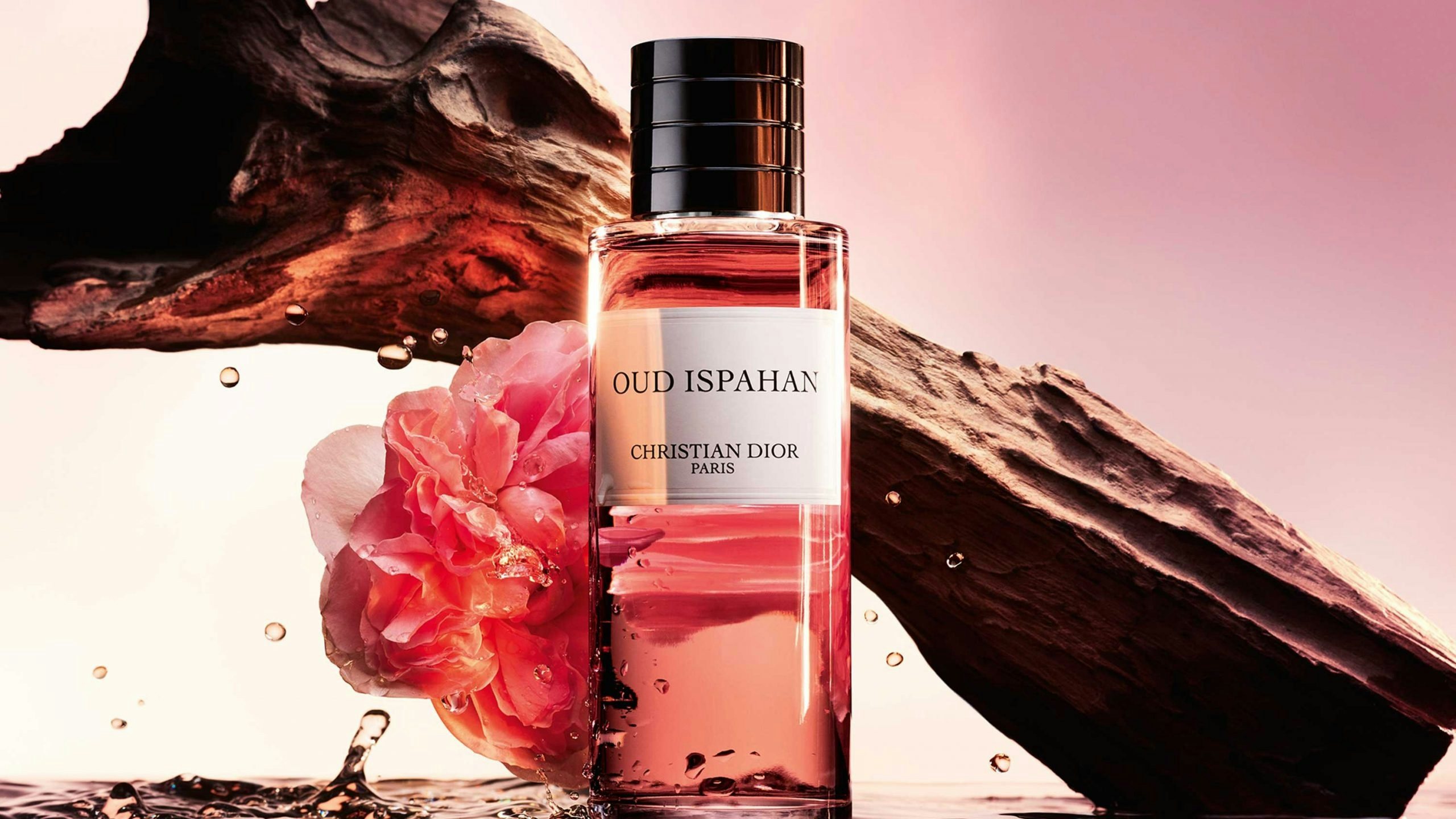Key Takeaways:#
Alibaba-owned retail platform Tmall is launching new solutions for global brands interested in selling via the platform.
SMEs will gain expanded access to large amounts of data and insight.
Consumers should profit from the new model since they'll have a greater selection of quality goods and will be introduced to new brands and products.
Alibaba-owned retail platform Tmall is launching new solutions for global brands interested in selling via the platform. Tmall will lower the entry points for international brands, making it easier for those brands to launch stores on the site.
Tmall wants brands joining them to go through a probationary period. In the past, Alibaba was the entity that made the final judgment after multiple rounds of review if a brand would be a good fit for its cross-border shopping platform.
According to a press release, the new Official Operating Service will ensure that “merchants of all sizes, including those with zero Chinese e-commerce operational experience, can launch their brands smoothly on Tmall Global.”
Global brands will also receive personalized consultations, operations, and content support, along with major value-added services through Tmall Global and its extensive partner network worldwide.
We believe the move will win support with small and medium international brands that suffered economic disruptions because of the COVID-19 pandemic. However, this solution creates significant implications for the Chinese digital ecosystem and the luxury industry that need to be considered.
Accelerating the pace of innovation#
SMEs stand to benefit as they gain expanded access to large amounts of data and insight. Consumers will also profit from the new model since they will receive a larger selection of quality goods and will be introduced to new brands and products. Moreover, the entire process will accelerate the pace of innovation, revolutionizing tech and retail.
As a market leader, Alibaba is influencing retail globally. Therefore, we can assume the new measures designed to promote equal access to Tmall will encourage competitors to follow in the brand’s footsteps.
In response, JD Worldwide will probably lower its market entry requirements as well. Also, we foresee that JD.com will further invest in next-gen technologies that could create seamless e-commerce experiences and augment the interactions between brands and consumers.
The e-commerce giants who will invest in their technology infrastructure and strengthen their omnichannel ecosystem will increase revenue and profit margins.
Emerging retail segments could boost their online sales#
Fragrance and beauty are veritable goldmines for luxury brands, as they usually come with high margins. As luxury “entry-level” products, fragrances & makeup boost sales by appealing to the sensibilities of young, “price-conscious” consumers.
Alibaba’s new solutions will likely enhance the importance of building partnerships with beauty brands and boost the flow of cosmetic brands on Tmall.
Children’s and baby clothing is another segment that will benefit from the new personalized solutions. Another winner is the luxury pet segment, which has been gaining traction in the post-COVID-19 reality.
Accessibility is killing the sense of prestige and luxury#
Lowering the barrier for entry might seem like a daring move that could have discouraging effects on prestige and exclusivity. But the change is in line with the requirements of “the aspirational class,” which “holds anti-establishment views” and has a more democratic approach to luxury.
The new luxury consumer demands transparency and wants to enjoy full access to the brands he loves. But this demand for constant access and increased engagement at all touchpoints puts luxury brands in a tough position. By becoming overly accessible and inclusive, luxury brands are diluting their prestige and aura of exclusivity.
In former times, Tmall employed scarcity marketing to attract the most acclaimed luxury brands. But today, as it envisions an “accessible luxury club,” it risks losing some of the more established global brands as they become anxious about Tmall’s repositioning strategy.
Some luxury brands like Hermès and Dior go to great lengths to show that they play in a league of their own. Their business strategy positions exclusivity and prestige at the forefront, and their brand appeal comes even from the power to turn away potential clients. Therefore, it is doubtful that they will want to be included in a club without selective membership criteria.
On the whole, Tmall’s strategy is appealing. But Alibaba will soon have to come up with distinctive subdivisions that offer heritage brands an additional level of security.
The Luxury Pavilion could further evolve, integrating an elite subscription model only available to selected VIP customers. The exclusive loyalty program could come with perks, such as access to heritage brands that are not available to all consumers. This move will replicate the offline interaction where brands like Hermès and Dior are available only to a selected group of HNWI.


